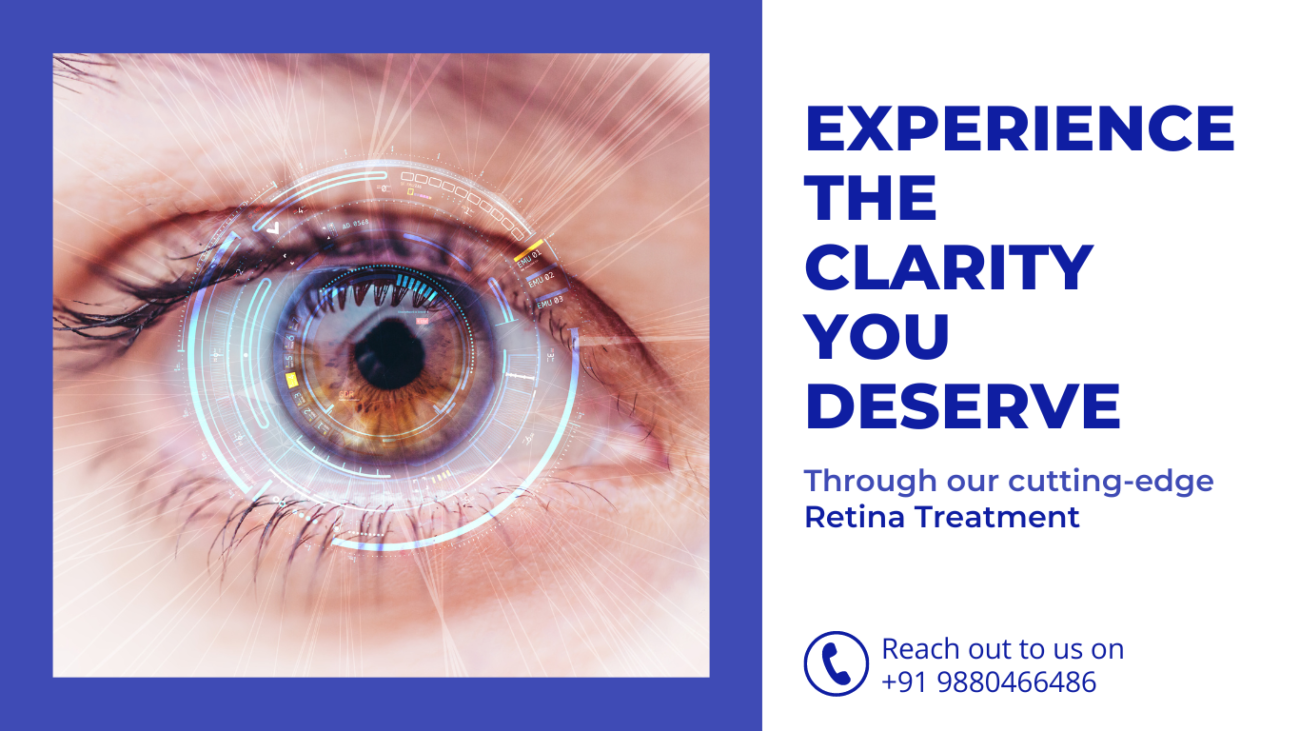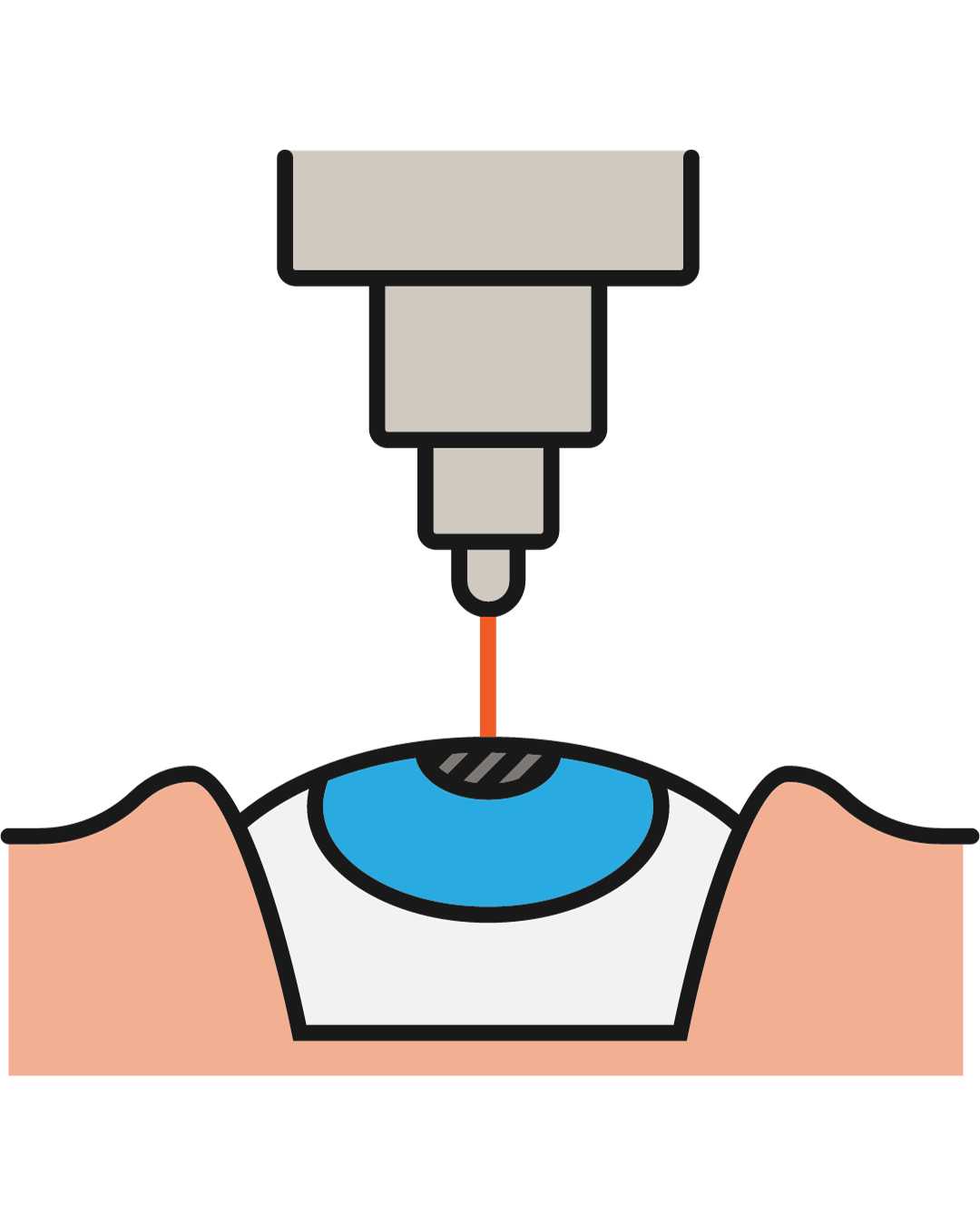Retinal Detachment: Causes, Symptoms, and Treatment Options
Retinal detachment is a serious ocular condition that demands our attention and understanding. The retina, a crucial component of our eye, can become detached from its normal position, leading to severe vision impairment if not promptly addressed.










